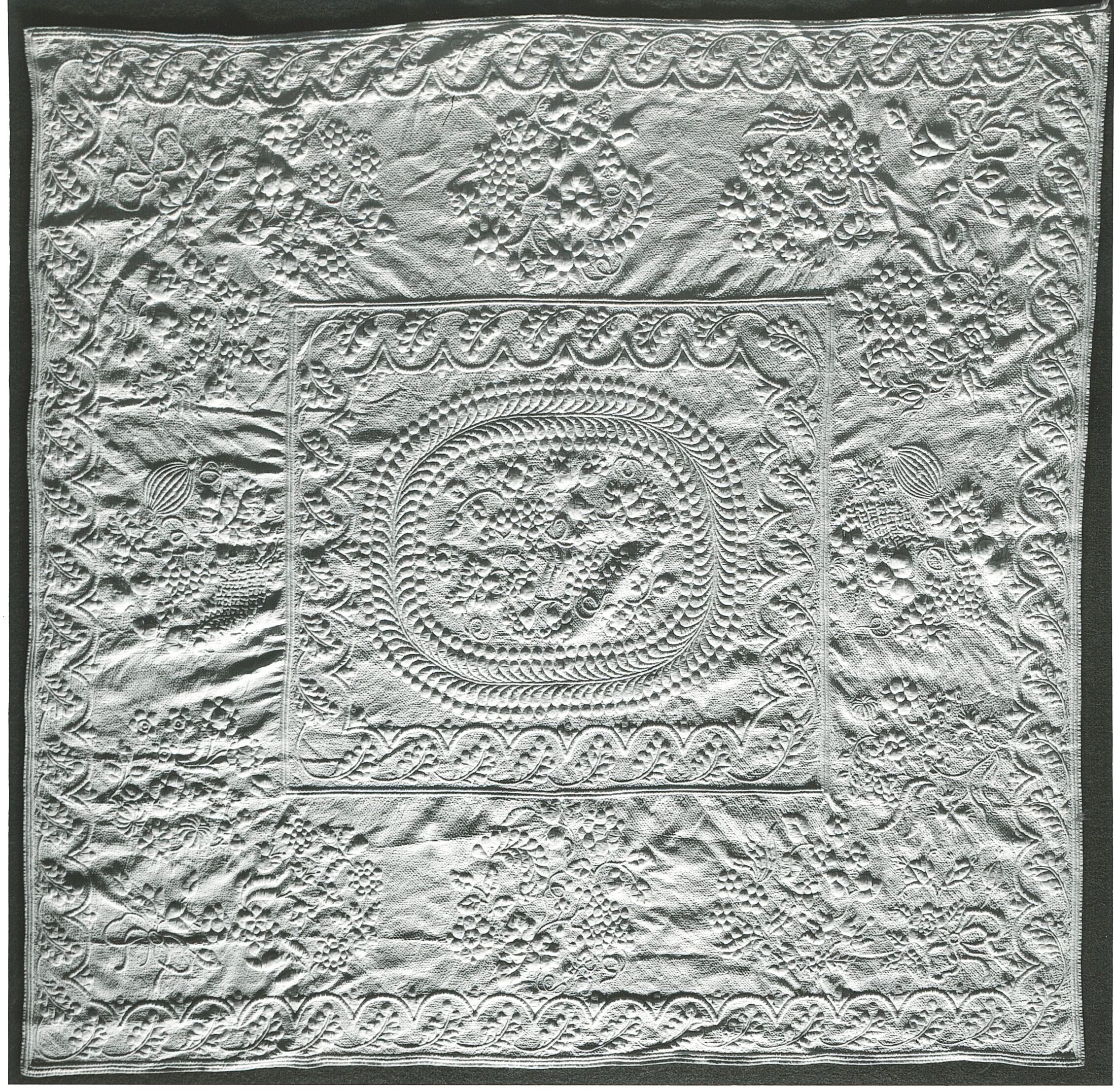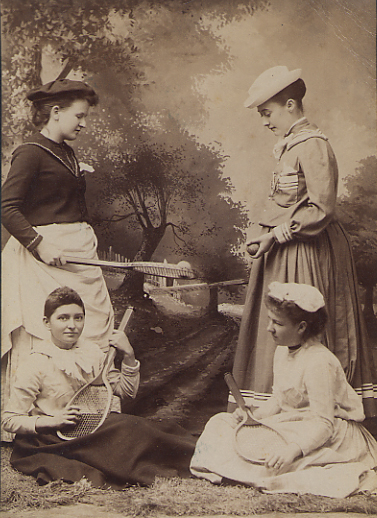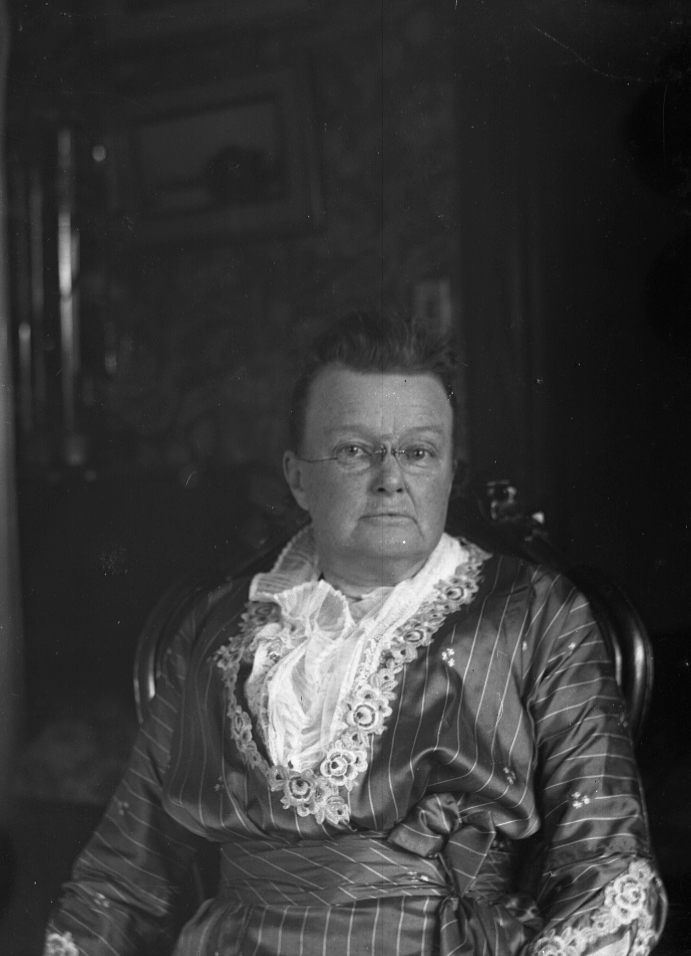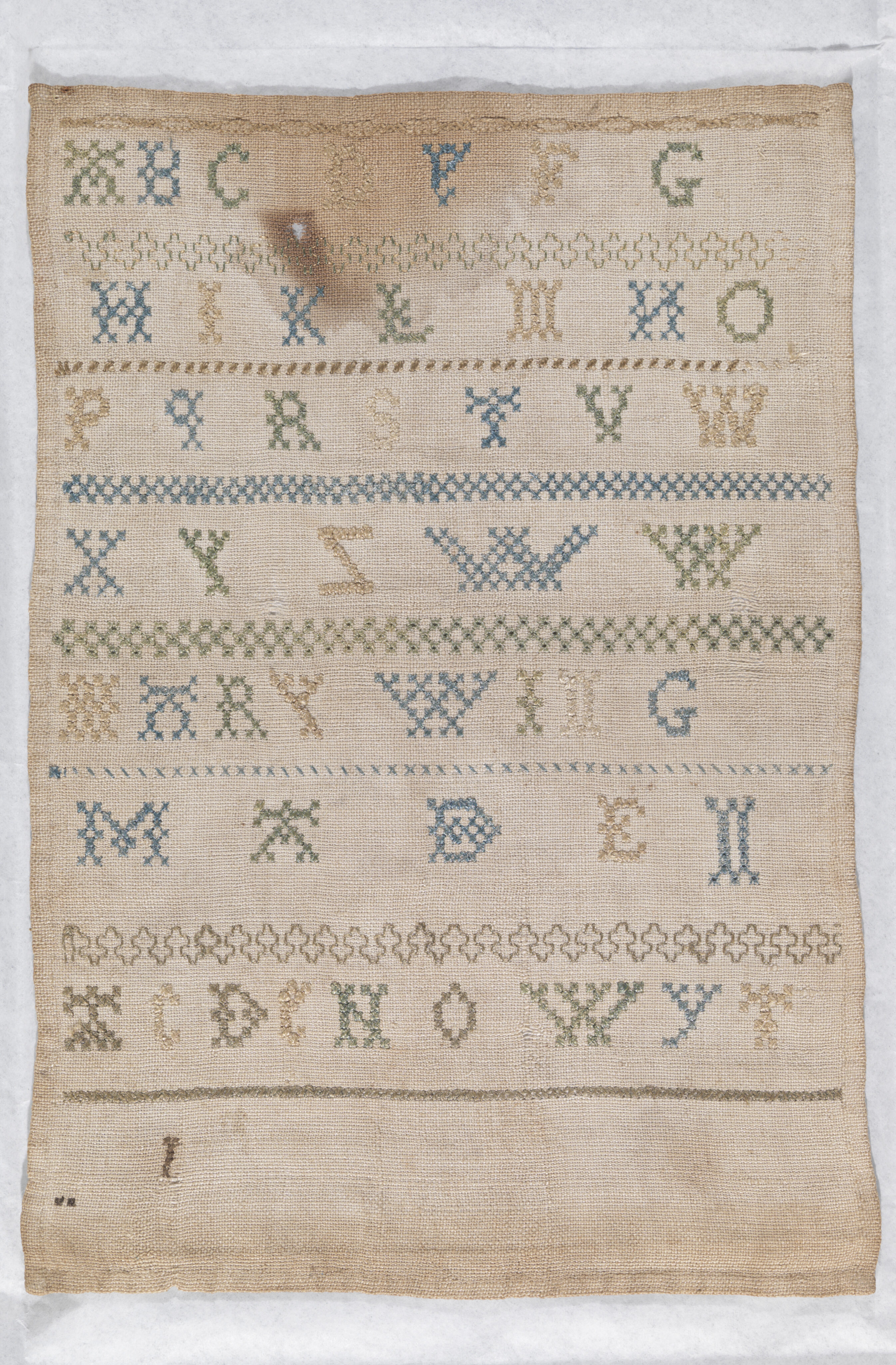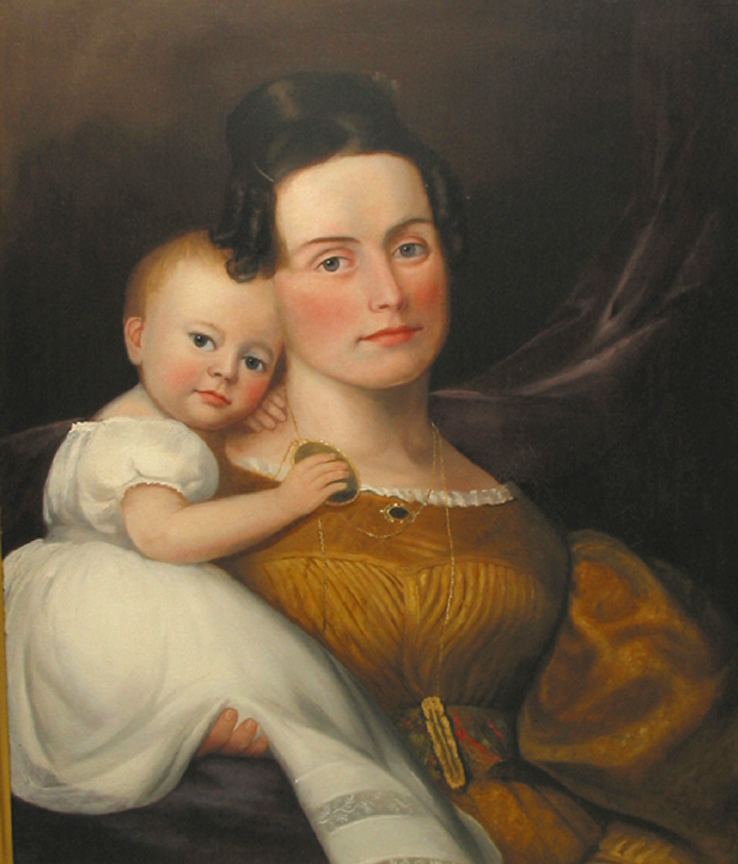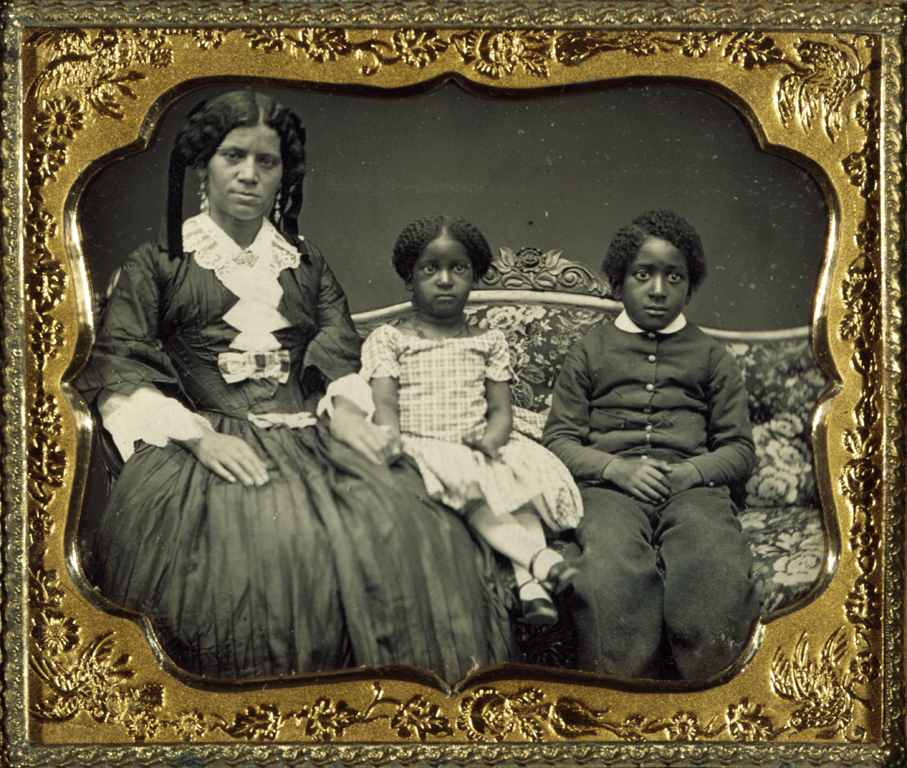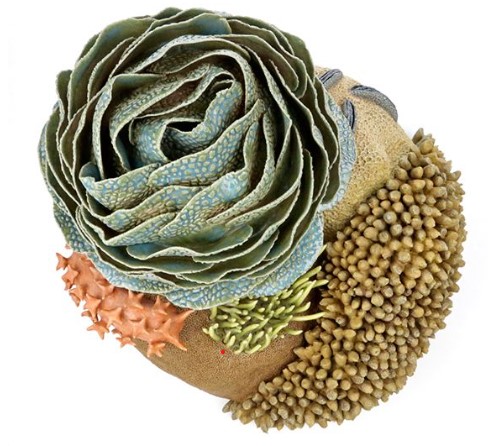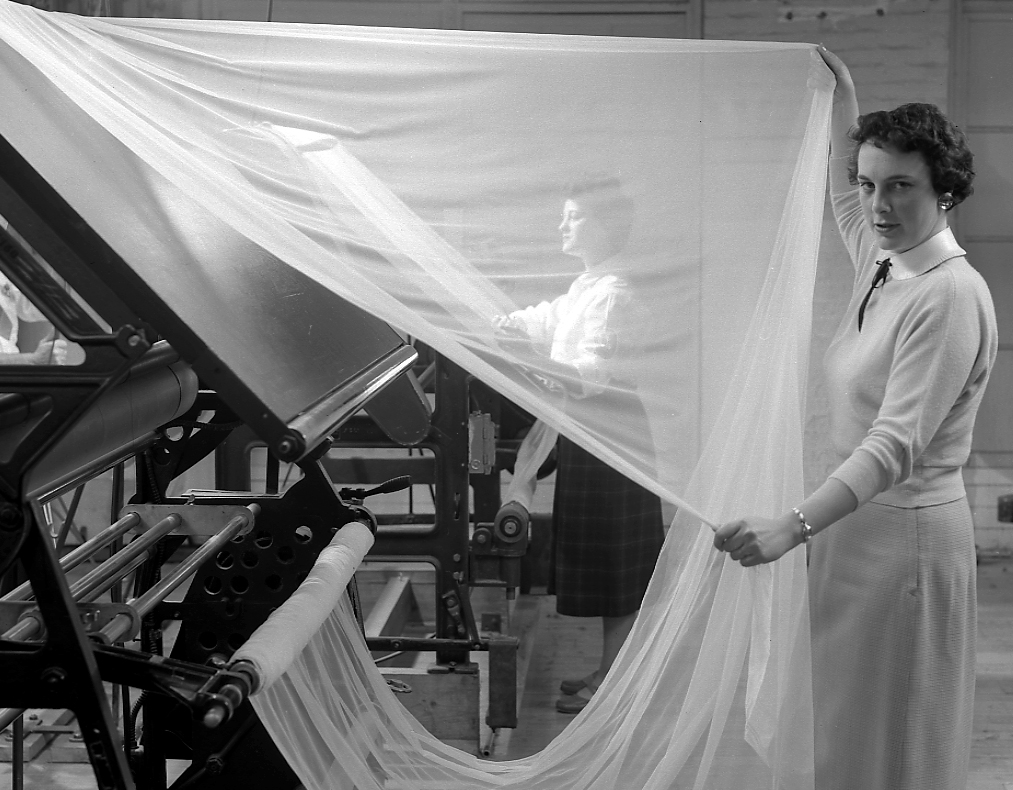Lighting the Way: SouthCoast Women’s Lives, Labors, Loves
New Bedford Whaling Museum
Wattles Gallery
December 13, 2024 – May 4, 2025
Meet in Wattles Gallery for a one-hour walk-through of the special exhibition Lighting the Way with Chief Curator Naomi Slipp; No registration or additional ticketing required
- February 20, 10am
- March 18, 12pm
- April 17, 1pm
Women have always shaped the South Coast of Massachusetts and its histories. Their contributions to domestic and civic life, to education and public institutions, to the cultural fabric of New Bedford and its neighbors, and to the political and social environs of the area are immeasurable. Curators use physical objects and visual materials to tell stories about the past. An exhibition is only as good as the collection it is built around. Historically, women’s lives and contributions have been underappreciated, their material histories under-collected, their stories left untold. In the past, when this museum did collect women’s stories, it prioritized White, Protestant, upper-class regional women who had power, wealth, and social position. Museum priorities have changed significantly since then, but the question remains: how do we curate around absence?
This exhibition connects items in the collection made by and for regional women to historical figures, organizations, events, and achievements – big and small. When we look closely, hundreds of women’s stories are encompassed by the museum’s collection. Some suggest the experiences of women and girls en masse, others picture unnamed female figures, far fewer are tied to known historical women. Taken together, such artifacts bring absent stories to light and illuminate how women, so often pushed to the margins, have made their mark on the South Coast in myriad ways. Their experiences – traditional and boundary breaking – have shaped the region and led the way for the women of today.
The exhibition focuses on objects in the collection made by and for women, and shares their stories. A selection of portraits of women and girls in oil, photography, miniature, cut silhouette, and works on paper visualize the faces of regional women. Sections showcase objects that relate to girls’ childhood activities, including dolls and miniatures, as well as textiles, such as quilts, samplers, needlework, and clothing. Women’s auxiliaries, civic organizations, and benevolent and charity organizations all shaped the SouthCoast in the 1800s and 1900s; manuscript materials and photographs highlight activities of the YWCA, New Bedford Woman's Club, and ARAW. The exhibit advances this story by considering major movements, such as abolition, the Woman’s movement, suffrage, and civil rights, women’s involvement in the NAACP and NACWC, the leadership roles women took during WWI and WWII and in labor organizing activities, alongside pottery by the Saturday Evening Girls, postcards by Theodosia Potter Chase, and works by female Swain School graduates. This is carried through the 21st-century with consideration paid to second-wave feminism, contemporary women artists, and female civic leaders. Throughout, diverse stories cut across race, age, class, ability, ethnicity, immigration status, gender identity, and sexuality to demonstrate the unique and evolving experiences of women in this region between 1650 and today.
This exhibition was made possible through the generous support of the following:
The Association for the Relief of Aged Women of New Bedford
William M. Wood Foundation
Maureen and Ray Armstrong
Paulina and Henry Arruda
Deborah A. Baker
Toby Baker
Christina Bascom
Nancy Braitmayer
Toby and Barbie Burr
Cape Air/Nantucket Airlines
Molly and Chris Cutler
Priscilla Ditchfield
Betsy Fallon
Marilyn and Dave Ferkinhoff
Margaret and Clark Gee
Holly and Joe McDonough
Emily Mead and Robert Santos
Milhench Supply Co.
Sloan Simmons
Mary Howland Smoyer
Ellen O. Stone
Margot Stone
Lisa Whitney
Anonymous Donors
